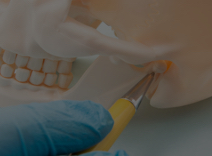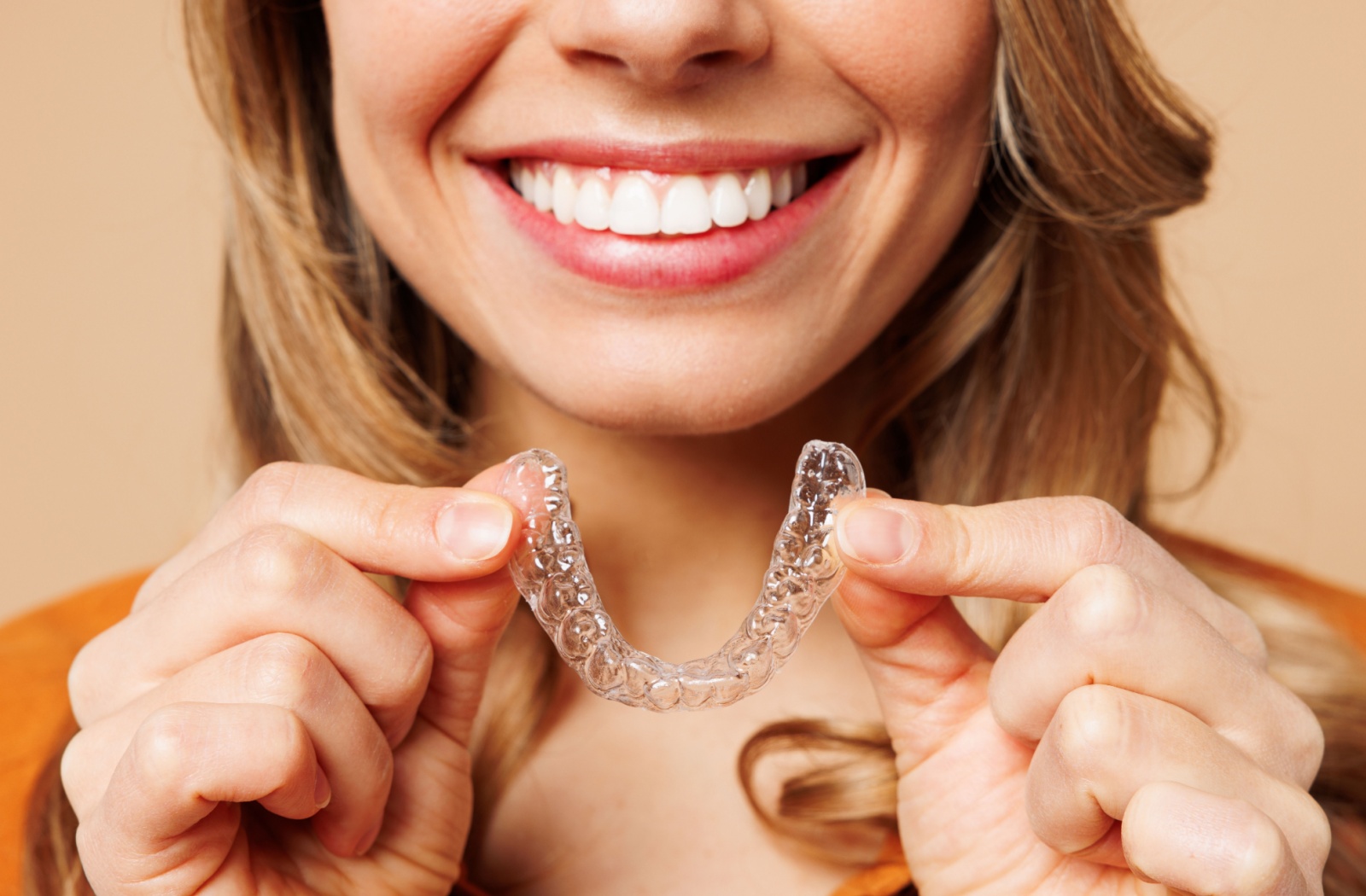Most people have had a dental filling in their lifetime. Fillings are used to treat a hole or cavity in our teeth. To repair the damage, the decayed part of the tooth will be removed, and the space will be filled with a filling material. Dental fillings will protect your teeth from further damage or decay. Although the dental filling is one of the quickest dental procedures, one may feel like it only while sitting on that dental chair. Visit our dentist in Smithtown, NY, for a dental filling consultation.
Procedure
A dental filling is an in-office procedure requiring general anesthesia or dental sedation for patients with dental anxiety. While the steps may vary depending on the materials used or the fillings’ location, here is what to expect.
- The dentist will begin by applying a numbing gel to your gums. Once the gel has taken effect, a local anesthetic will be injected into your gums.
- Next, your dentist will remove the decayed or damaged part of the tooth using a drill or another specialized tool.
- The area will then be cleaned, and a filling material will be applied to the tooth. Adhesives and composite materials are also placed on the tooth to protect and seal it.
- Ultraviolet light will then be used for several seconds to harden the material. Finally, the filling is smoothed and polished to ensure an even bite.
Benefits of Dental Filling
Regardless of the material you will choose for your dental filings. Here are the benefits of dental fillings in Smithtown, NY.
Strengthens Damaged Teeth
When your teeth have been corroded or damaged, they become hollow and give an unpleasant look. Dental fillings will improve the structure of the teeth by providing them with much-needed support. Filings are non-invasive and don’t pose any damage to your teeth. In addition, dental fillings are a solution to teeth weakened by age and have become liable to fracture or damage.
Prevents Cavity Growth
When receiving dental fillings near you, the dentist cleans out the decayed part of the tooth. Next, they will pour a filling material on the cavity and seal it. This act protects the nerve ending in the dentine from being exposed to acids created by bacteria and temperatures from the foods we eat. This exposure of these nerves normally leads to toothaches when you have cavities.
They Can Release Fluoride
Excess fluoride in our teeth may lead to dental fluorosis. Tooth fillings can release fluoride on the teeth in question. This can protect the tooth from decay and damage, mainly if the decay is below the gum line. Glass ionomer fillings are purposely used for this.
They are Durable
Fillings can last for a long time, depending on the material used. Porcelain and gold fillings last for 15 years or longer. In addition, some filings will even last longer. Modern-day fillings have high corrosion resistance and are effective. However, you will have to pay more for filings that will last more than two decades.
Protects Teeth from Decay
Cavities can develop into big holes that tarp food particles. With time, this may lead to bacteria growth, pain, and tooth decay. If left untreated decayed teeth are prone to further damage. Therefore, dental fillings can protect damaged teeth from additional tooth decay. Also, fillings relieve pain and discomfort caused by cavities.
Aftercare
At Joseph B Pantaleo DDS, the dental office near Smithtown may give some of the following aftercare instructions.
- The first is to wait for the anesthetic to wear off after the procedure. Eating before the anesthetic has worn off can lead to injuries in your mouth since it’s still numb.
- Do not put pressure on the side of the treated tooth 24 hours after the procedure. Avoid chewing on the side of the tooth to avoid unnecessary stress since the filling may not have fully hardened.
- Practice good oral hygiene, which involves flossing and brushing before sleeping and in the morning. If you have a history of cavities, consider rinsing your mouth using a fluoride mouthwash. The fluoride will help mineralize your tooth enamel and protect it against tooth decay.
- Avoid sucking on the tooth. The filling may become loose over time when you develop the habit of sucking on your tooth. And other than getting a new filling, you may risk getting a bigger one.
Contact your dentist if you experience
- Fever
- Swelling
- Redness or warmth on the gums
- Severe tooth sensitivity
- Persistent tooth pain































